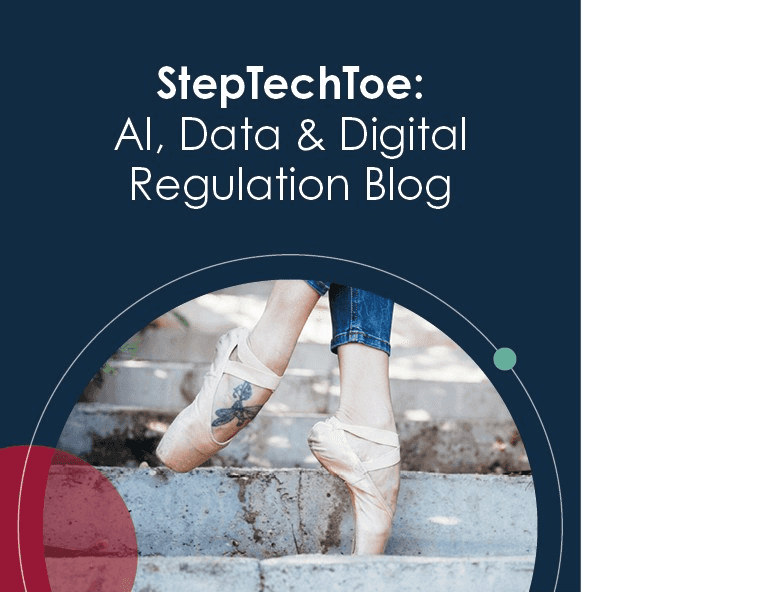Overview
California lawmakers recently approved legislation that would require companies to apply human oversight and notify workers when using AI tools to make employment decisions. Senate Bill 7, also known as the "No Robo Bosses Act," passed the state legislature on September 12, which gives Governor Newsom until October 12 to approve or veto the bill.
If signed into law, covered employers with ties to California will be prohibited from making certain "employment-related decisions" by relying solely on "automated decision systems" (ADS). Under the bill, an ADS includes any "computational process derived from machine learning, statistical modeling, data analytics, or artificial intelligence that issues simplified output, including a score, classification, or recommendation, that is used to assist or replace human discretionary decisionmaking and materially impacts natural persons."
This is a significant departure from recent regulations that focus on technology that substantially replaces human decisions as Senate Bill 7 includes any automated decision systems that merely "assist" human decision-making. Because few decisions are fully automated (with exceptions like resume sorting), and many are assisted, the breadth of potential application of Senate Bill 7 is significant.
If passed, California employers would be prohibited from making decisions on the following topics, amongst others, without human oversight: compensation, benefits, scheduling, performance evaluation, hiring, discipline, termination, work responsibilities, and workplace health and safety.[1] Additionally, California employers would be required to provide written notice to all employees and potential candidates that it is using an ADS to make employment-related decisions. It is important to note that the bill would protect traditional employees and independent contractors alike.
Senate Bill 7 (if signed) takes effect on January 1, 2026. Steptoe will continue tracking regulatory developments across federal agencies and legal developments at the state level through Steptoe's AI Legislative Tracker. Please contact members of our interdisciplinary artificial intelligence team spanning our Commercial, Consumer and Government Litigation, Energy, Financial Innovation and Regulation, Intellectual Property, International Trade and Regulatory Compliance, Investigations and White Collar Defense, and Telecom and Technology practices to assess how AI regulations may affect your operations or investments.
[1] The complete list of "employment-related decisions" that are covered by Senate Bill 7 includes "any decision by an employer that materially impacts a worker's wages, benefits, compensation, work hours, work schedule, performance evaluation, hiring, discipline, promotion, termination, job tasks, skill requirements, work responsibilities, assignment of work, access to work and training opportunities, productivity requirements, or workplace health and safety."









